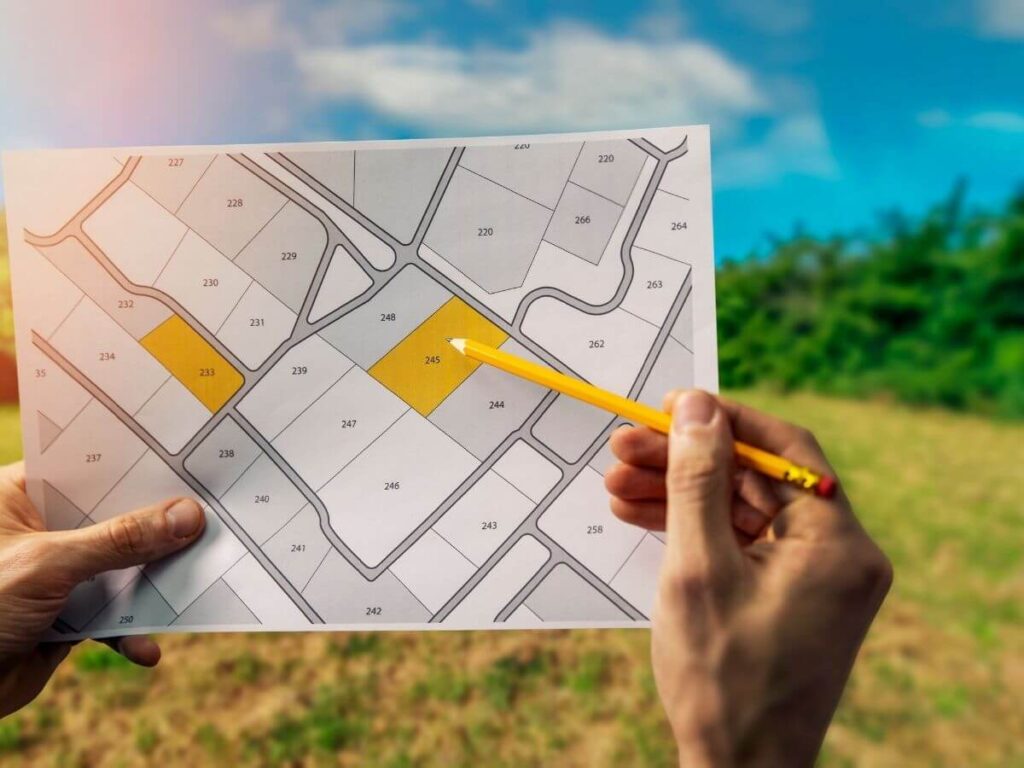I helped my cousin open his utility trailer dealership in 2021, and within three months, he called me saying, “I need more inventory, again.” That’s when I knew he was onto something.
His early success taught me what matters, and what doesn’t.
I’ve since worked with other new dealers, helping them skip rookie mistakes and build real partnerships with manufacturers. This guide pulls from those experiences.
You’ll learn how to start lean, build local demand, handle compliance, and scale without overextending yourself. If you’re thinking about becoming a utility trailer dealer, you’ll leave this article with a solid game plan.
So keep reading!
1. Understanding the Industry
Before you go full speed into becoming a utility trailer dealer, it’s worth taking a moment to really understand the industry you’re getting into. When I first got interested, I thought it was just about buying trailers and flipping them for profit. Turns out, there’s a lot more going on behind the scenes. This market moves based on regional demand, industry needs, and economic conditions. It’s not a one-size-fits-all game.
Start by looking at who uses utility trailers in your area. Landscapers, construction companies, independent contractors, farmers, and even municipalities are common buyers. But what they need, and what they’re willing to pay, can vary drastically. Pay attention to seasonal shifts too. For example, spring and summer can be busy seasons for landscaping trailers, while fall might slow down.
- Follow the demand: If you’re in a rural area, you’ll see more demand for farm and livestock trailers. In urban areas, enclosed or equipment trailers might move faster.
- Talk to local businesses: Just ask what types of trailers they’ve used in the past, what they liked or didn’t, and where they’re currently buying from. Real conversations can teach you more than online research.
Don’t make assumptions. Dig into the local economy, identify your target customer segments, and look at the competition. It’s not about reinventing the wheel, it’s about offering a better way to roll it.

2. Researching Legal and Licensing Needs
Now, let’s talk paperwork. It’s not the most exciting part of the business, but it’s one you can’t skip. When I was getting started, the legal side was the first thing that tripped me up. Every state, and sometimes even counties, have their own rules. So before you even think about selling your first trailer, check what’s required in your area.
You’ll likely need a business license, a resale certificate, and in most states, a trailer dealer license. If you’re planning to sell used trailers, that can sometimes come with separate rules or inspection requirements.
- Contact your state’s DMV or DOT: Most licensing for trailer dealers goes through them. They’ll tell you exactly what you need to get legal.
- Don’t forget insurance: You’ll want liability coverage, and if you’re holding inventory, you’ll need property insurance too. Talk to a commercial insurance agent who knows the trailer or auto industry.
You may also need a sales tax permit, depending on your state. And if you’re operating under a brand name, get that registered as a DBA. It might feel like a lot at first, but getting your legal foundation right from the start saves you from expensive headaches later.

3. Exploring Manufacturer Partnerships
One of the best moves I made early on was reaching out to multiple trailer manufacturers before committing to one. As a dealer, your success hinges heavily on the quality, variety, and pricing of the trailers you can offer. You’re not just selling trailers, you’re representing a brand.
Take your time here. Don’t just Google “utility trailer manufacturers” and go with the first result. Ask about dealer requirements, minimum orders, warranty terms, and lead times. Some manufacturers will expect you to hit a monthly quota, while others are more flexible.
- Visit their facility if you can: It helps to see how their trailers are built and what kind of support they offer. A tour will tell you a lot about their quality and professionalism.
- Compare wholesale pricing structures: Just because something looks affordable up front doesn’t mean it’ll give you the margins you need to stay profitable.
A good manufacturer will treat you like a partner, not just a sales channel. Look for someone who offers marketing support, training, and reliable communication. It’s a two-way relationship, and the right one can make all the difference.

4. Choosing a Sales Location
Your sales lot doesn’t have to be huge, but it does need to be smart. I started with a single trailer on a rented corner of someone else’s yard, but once I got serious, location became critical. You want visibility, accessibility, and enough room to show off your inventory properly.
Think about traffic flow, both vehicle and foot. Are you near highways, industrial parks, or rural routes? Is your lot easy to pull in and out of with a trailer in tow? These details matter more than you’d think.
- Zoning and permits: Before signing a lease, check that the property is zoned for trailer sales. Some cities are stricter than others.
- Display space matters: Even with limited space, organize your lot in a way that highlights your trailers without making it look like a junkyard. Presentation counts.
You don’t need to buy property on day one. Renting a small section of an existing dealer’s lot or an industrial yard can be a cost-effective starting point. The key is making sure customers can find you and feel comfortable walking around.

5. Planning Inventory and Display Setup
Inventory planning is a balancing act. If you overstock, your capital is tied up. If you understock, you lose sales. When I got started, I asked local business owners what trailers they wished were easier to find, and that gave me a great head start.
Start small, but strategic. Carry a few of the most requested types, like utility, dump, and enclosed trailers, and build from there. Watch what moves, and double down on those categories.
- Keep it clean and organized: Trailers should be lined up clearly, clean, and labeled with pricing and specs. First impressions go a long way.
- Rotate slow-moving models: If something’s been sitting for a while, move it to the front or offer a discount. Don’t let inventory collect dust.
A tidy, well-laid-out lot shows buyers that you’re serious. It also helps you stay on top of what’s in stock and what’s selling. Think of your display like a silent salesman, it should do a lot of the talking for you.

6. Thinking Through Marketing Ideas
If you don’t market your trailers, no one’s going to know they exist. This is where a lot of new dealers struggle. When I first launched, I relied too much on “word of mouth”, and let’s just say it wasn’t enough.
Start simple. A clean, functional website with your contact info, inventory photos, and basic trailer specs can do wonders. Make sure it works well on phones, since many buyers search while on the go.
- Use Facebook Marketplace and Craigslist: These are still goldmines for trailer sales. Keep your listings honest, with clear pictures and pricing.
- Partner with local businesses: Drop off flyers at landscaping supply stores or sponsor a small event. Get your name out there in practical, visible ways.
If your budget allows, Google Ads and local SEO can be worth it. But even without spending much, consistency and clarity in your messaging go a long way. Focus on building trust through your presence, not flash.
7. Customer Service and Financing
Customer service isn’t just a bonus, it’s what keeps your dealership alive. I’ve had customers come back months later with friends or referrals, simply because I took the time to answer questions and offer fair advice. That kind of reputation beats any ad campaign.
Be ready to explain trailer specs in plain language. Offer loading advice, hitch recommendations, and let them know you’re available even after the sale. Your goal is to build trust, not just make a sale.
- Offer financing options: Partner with local banks or trailer finance companies. Many buyers prefer monthly payments, especially for larger or enclosed models.
- Be transparent about pricing: Include any fees upfront and stick to your word. Surprises are the fastest way to lose future sales.
A dealership that treats people right stands out, especially in this industry. Customers notice when you take the time to make their experience easy and respecful.

Conclusion
From legal steps to inventory to marketing, this article was your guide to becoming a trailer dealer.
I started without a map. You’ve got one now.
It won’t be perfect. But it’ll be yours.
What’s one step you can take before the day ends?
Let’s talk trailers. Contact us today for reliable, customized semi-trailer solutions to fuel your new dealership.


